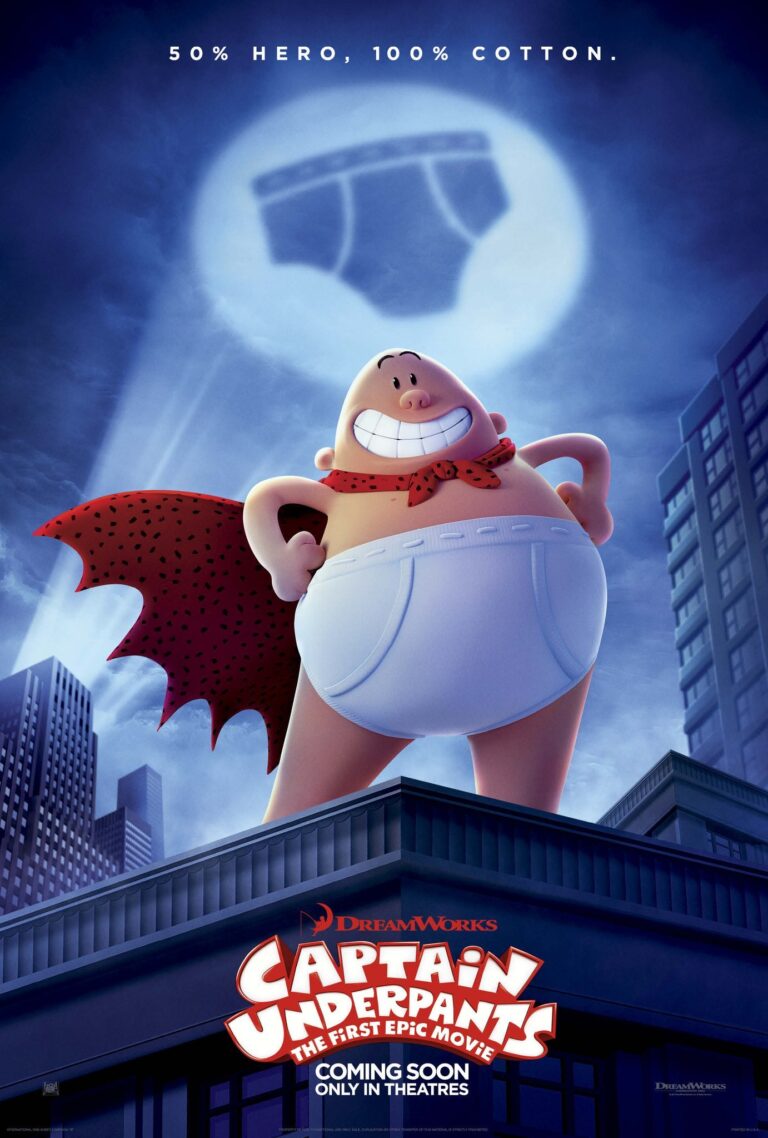Days of Heaven Christian Review

Few movies reach out and grip you in ways that linger long after you’ve turned off the screen. Most simply offer a fleeting escape from the mundane. Then there are films like Days of Heaven. It’s more than just a movie—it’s an experience that sweeps you away with the force of a prairie wind, depositing you gently in the midst of a world that’s as visually mesmerizing as it is morally complex. Directed by the ever-elusive Terrence Malick, this film is less about plot and more about feeling—an unspoken emotion that lies between the soft sway of golden wheat and the unyielding consequences of human choices. But in a society that so often worships beauty for its own sake, can a movie like Days of Heaven mean anything deeper? As a Christian, it’s essential to ask this question: does its aesthetic splendor point us to truth, or does it just distract us from what’s real?
Whispers of Eden: The Texas Prairie as a Fallen Paradise
Set in the sprawling fields of early 20th century Texas, Days of Heaven unfolds against a backdrop that’s almost too beautiful to bear. There’s something surreal about the way the sun hovers low on the horizon, casting long, liquid shadows over the endless sea of grass. It’s like the world has been set aflame with gold—a shimmering vision of a lost Eden. But, as any good Christian knows, beauty can be a deceptive thing. The same world that God created good is also marred by sin, and Malick’s film captures this duality with an almost spiritual sensibility.
The setting may evoke paradise, but the characters are far from living in it. Instead, they move through this landscape like exiles, burdened with the weight of their own brokenness. The story centers around Bill (Richard Gere), his lover Abby (Brooke Adams), and an unnamed, wealthy farmer (Sam Shepard) who becomes the tragic third corner of this ill-fated triangle. Bill, desperate for a better life, convinces Abby to pretend she’s his sister and seduce the ailing farmer so they can inherit his fortune. It’s a scheme that reeks of the original sin—grasping at something that isn’t theirs, defying the natural order set by God.
As Christians, it’s easy to see this set-up as a cautionary tale straight from Genesis. Bill and Abby are, in a sense, playing Adam and Eve in a land that could be their paradise. They’re given a chance at a fresh start, but instead of working the land with honest hands, they choose the path of deception and greed. Like the serpent’s temptation in the Garden, Bill’s plan seems small and harmless at first. But once sin takes root, it spreads, choking the life out of everything it touches.
Nature as a Silent Chorus
In Days of Heaven, nature is more than just scenery—it’s a silent witness to the human drama that unfolds. The wind that rustles through the wheat, the clouds that drift lazily across the sky, the river that flows quietly by—it’s as if the whole world is watching, holding its breath. This isn’t the kind of nature that offers comfort or consolation. Rather, it’s indifferent, almost alien in its serenity. It just is, existing in its own pure state, untouched by human striving and sin.
There’s a moment in the film when a swarm of locusts descends upon the fields, devouring everything in its path. It’s a biblical plague, a sudden and violent reminder that man’s dominion over creation is tenuous at best. Malick’s camera lingers on the devastation, capturing the insects in exquisite detail, making them beautiful even as they destroy. It’s a visual metaphor for the way sin works in our lives—an outward expression of an inner reality. And yet, for all its destruction, the locusts are simply acting according to their nature. It’s the humans, with their lies and schemes, who have perverted the order of creation.
For Christian viewers, this portrayal of nature might recall the words of Romans 8: “For the creation waits in eager expectation for the children of God to be revealed.” The earth itself is groaning, caught up in the same fallen state as humanity, longing for redemption. In Days of Heaven, the land is a character in its own right—beautiful, yes, but also broken, waiting for the day when all things will be made new.
The Tragedy of Sin and Consequence
At its core, Days of Heaven is a story about sin and its inevitable consequences. Bill’s initial lie might seem small and insignificant, but it sets off a chain of events that can’t be stopped. His deception poisons everything it touches, turning love into suspicion, trust into betrayal. When the farmer finally realizes that he’s been used, his heartbreak is palpable, and his response—violent, desperate—is as much a product of Bill’s sin as it is his own nature.
What’s fascinating is how Malick never judges his characters. He doesn’t need to. The world itself condemns them, turning their own actions back upon them. Bill’s greed, Abby’s complicity, the farmer’s blind hope—all of these are punished not by some external force, but by the natural unfolding of events. It’s a kind of divine retribution, played out in slow, painful detail. The Texas prairie becomes a stage where human folly is laid bare, and the only audience is the vast, indifferent sky.
A Glimpse of Grace Amidst the Flames
And yet, for all its darkness, Days of Heaven isn’t a hopeless film. There’s a strange, almost otherworldly beauty to the way Malick portrays the characters’ suffering. The final scenes, where the fields are set ablaze and Bill meets his end, are shot with a kind of terrible grandeur. It’s as if the flames themselves are purifying, burning away the deceit and leaving something raw and true behind. Abby survives. She walks away from the wreckage, alone but unbroken, like a phoenix rising from the ashes.
It’s a moment of grace, a reminder that even in the midst of judgment, God’s mercy is never far away. For Abby, there is no happily-ever-after, no neat resolution. But there is survival. There is the possibility of a new beginning, free from the lies that have haunted her. It’s a small, fragile hope, but it’s real.
Rating: A Unique Blend of Visual and Moral Beauty
From a Christian standpoint, Days of Heaven is a film that challenges as much as it inspires. Its beauty is undeniable, but it’s not a superficial beauty. It’s a beauty that demands to be wrestled with, one that forces us to confront the ugliness within ourselves. It’s a film that speaks to the fallen state of the world, but also to the possibility of redemption.
For that reason, I’d give Days of Heaven a 9 out of 10. It’s not an easy film to watch, and it’s certainly not for everyone. But for those willing to look past the surface and engage with its deeper themes, it offers a glimpse of something truly profound. It’s a reminder that, for all our brokenness, God’s beauty and truth are never completely out of reach. Even in the darkest of days, there is light. There is grace. And, like the sun setting over the Texas prairie, it’s always just beyond the horizon, waiting to be found.




